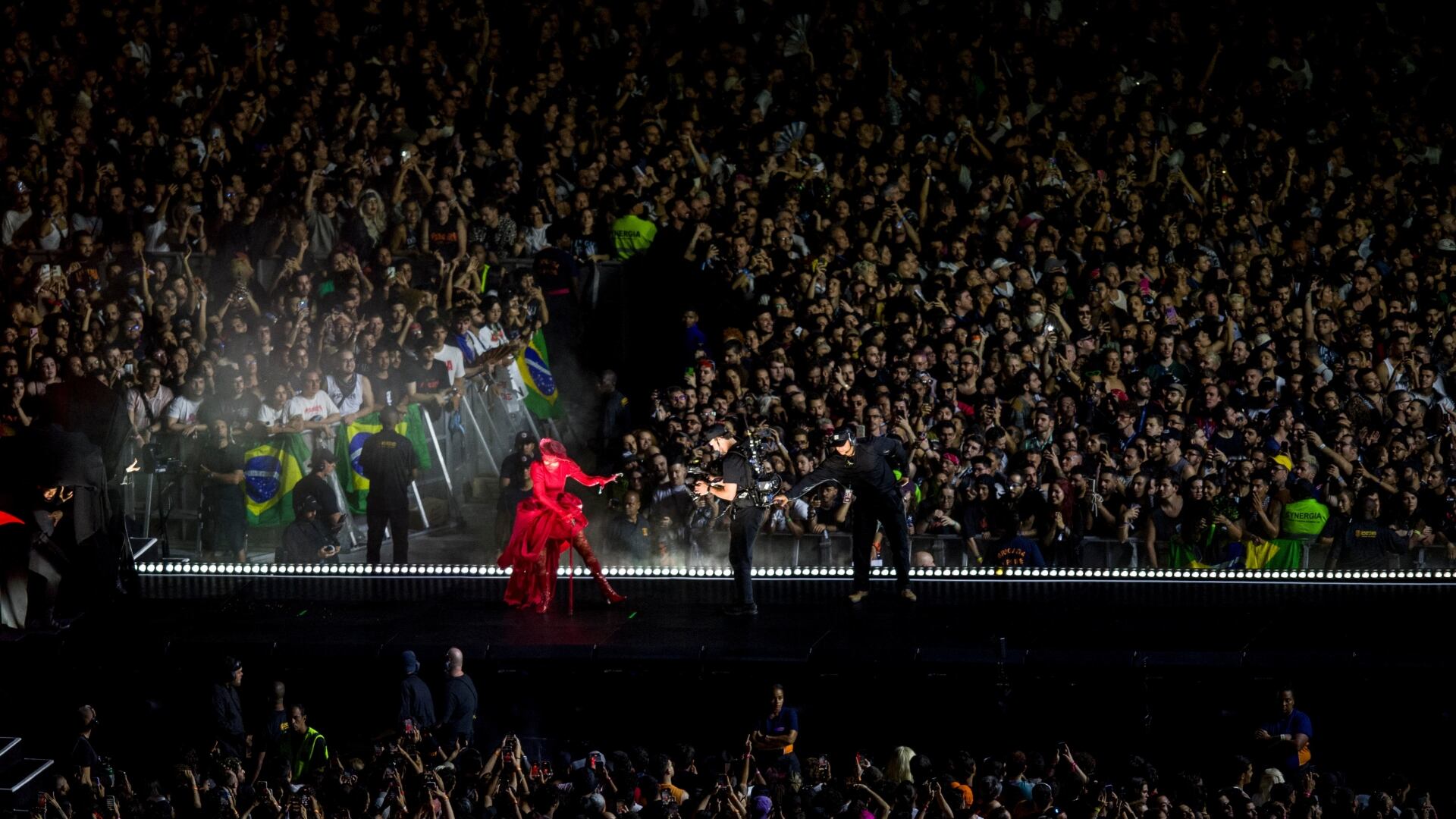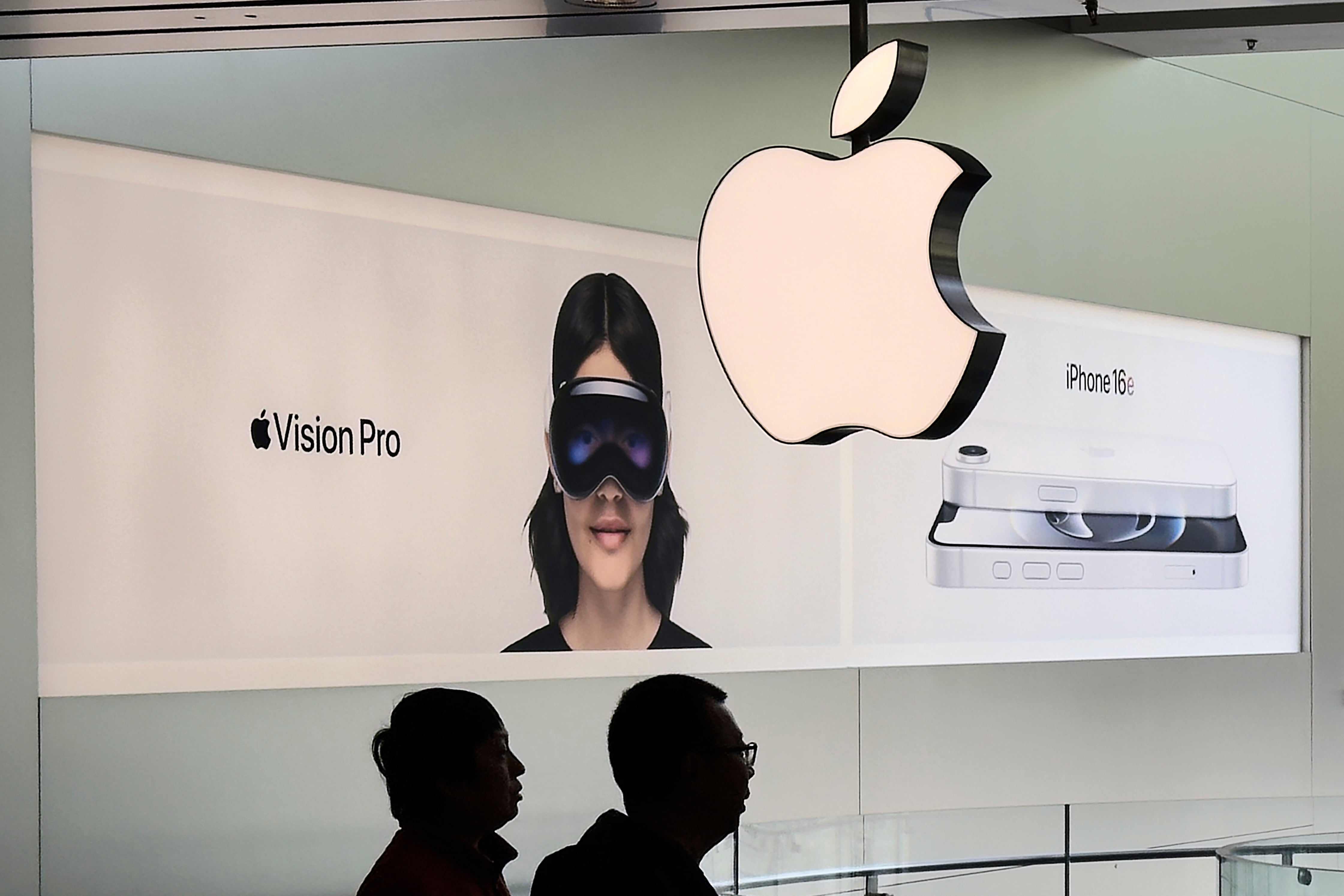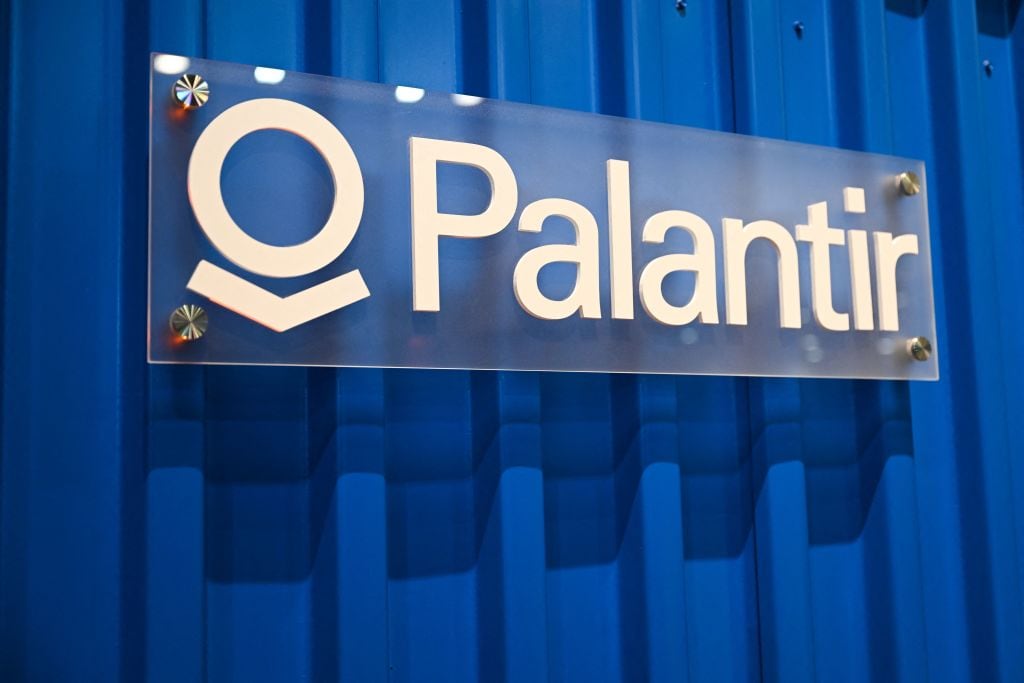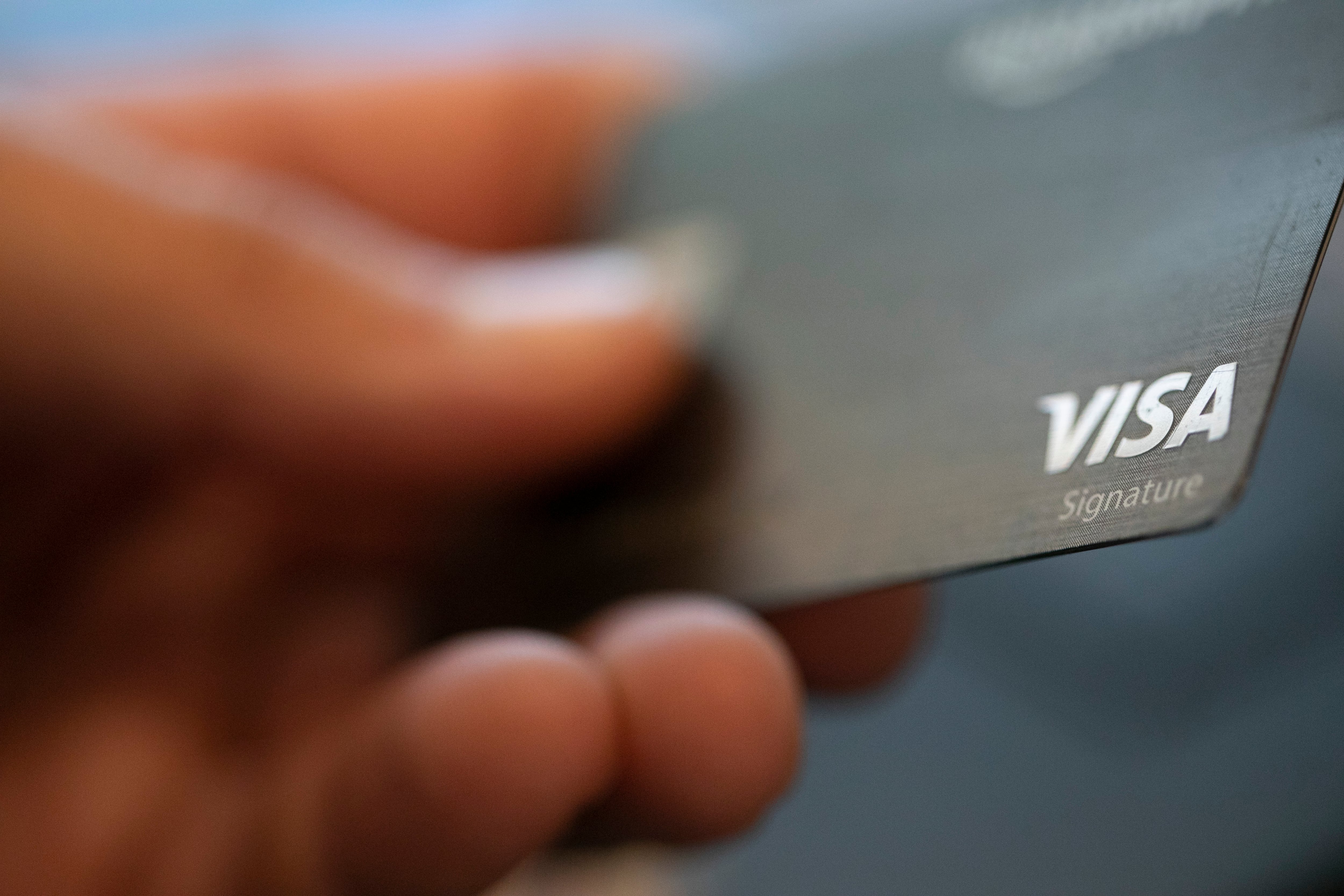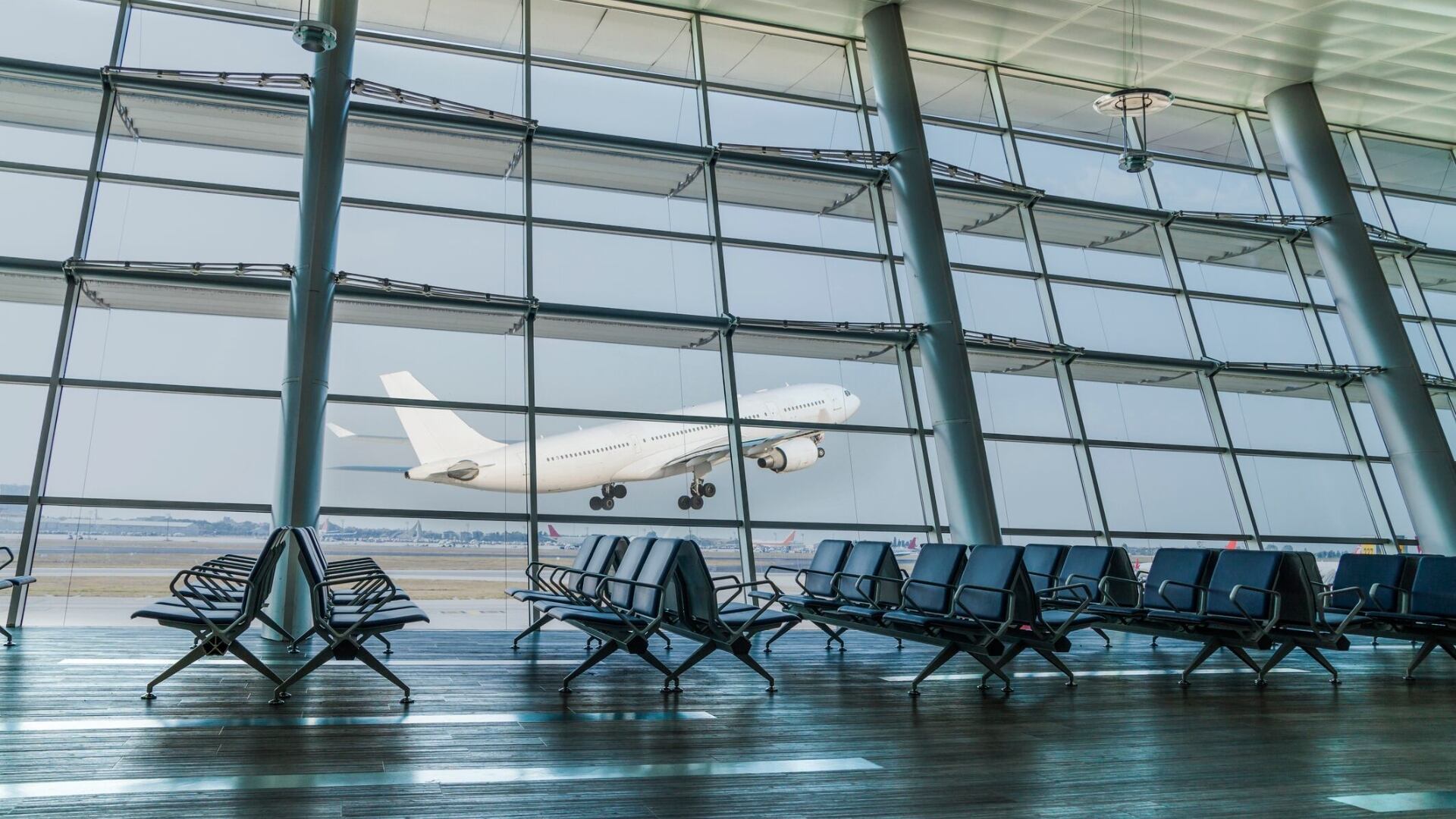*By Carlo Versano* After [reports](https://www.bloomberg.com/news/articles/2018-08-23/musk-is-said-to-hire-morgan-stanley-to-help-take-tesla-private) circulated that Elon Musk hired Morgan Stanley to personally advise the CEO on his options to take Tesla private, watchers are wrestling with what's perhaps the question of the summer: is the innovative, but beleaguered automaker better off public or private? And maybe more interesting: is it better off with or without Musk at the helm? Aaron Cole, managing editor of [Motor Authority](https://www.motorauthority.com/), remains skeptical that Tesla would flourish as a privately run company. Financial transparency and pressure from investors, both part of being public, make corporate governance stronger, he said. "Tesla has a better route being a public company." Furthermore, even with Morgan on board as an adviser, privatization would be a far-off future, Cole said. Despite Musk's public statements to the contrary, Cole pointed out the electric carmaker has "no reasonable" way to buy out its investors. Cole doesn't buy the "cult of Elon" theory either. The CEO's erratic behavior has caused more harm than good, Cole said, and the company may actually benefit if Musk takes a leave of absence. Cole anticipates Tesla is about to face serious competition from Porsche and Mercedes-Benz as they enter the high-end electric car sector. Musk's do-it-all approach to management is not feasible in a competitive marketplace, Cole said. "If Elon stays, Tesla also has a tough road," he said. For full interview [click here] (https://cheddar.com/videos/tesla-private-bid-inches-forward).

